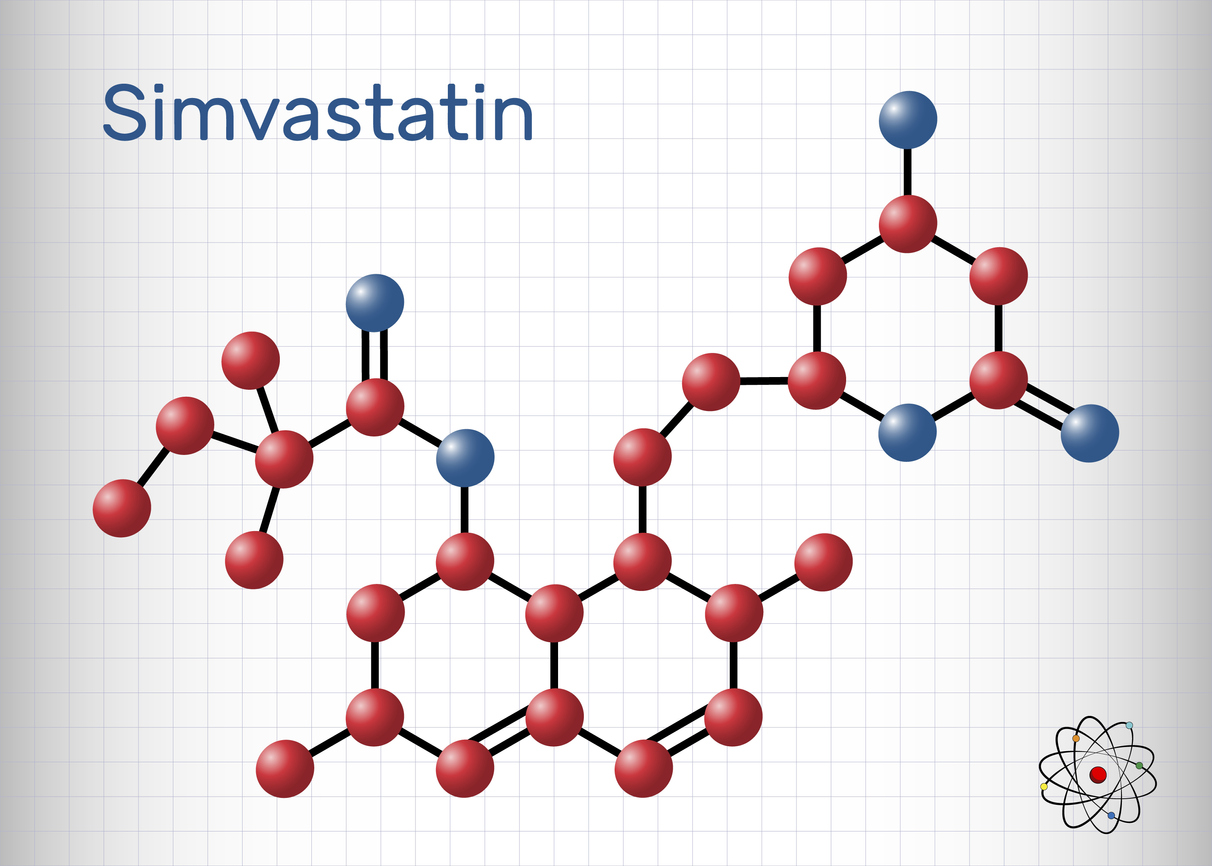Pain
Genetic Variations May Be Responsible for Complex Regional Pain Syndrome (CRPS)

What is complex regional pain syndrome (CRPS)?
Complex regional pain syndrome (CRPS), also called reflex sympathetic dystrophy syndrome (RSDS), is a type of chronic pain condition. It typically occurs after an injury and affects one limb (arm, leg, hand or foot). Though complex regional pain syndrome is not yet completely understood, it is believed that CRPS develops when the central or peripheral nervous system is damaged or malfunctions. It may also be caused by an immune system response.
Genetic variations and CRPS
Research indicates that a genetic variant could be the cause of approximately one-third of CRPS cases. A study from the University of Cambridge compared blood samples of individuals with CRPS to those who had chronic pain from fibromyalgia and lower back pain. The results showed that single nucleotide polymorphisms (variations in certain genes) in four specific genes (ANO10, P2RX7, PRKAG1, and SLC12A9) were more common than expected in the CRPS patients.
Although females are at an increased risk of developing CRPS, they were less likely to have these variations in this study. However, additional testing involving a larger population is needed for confirmation. This could indicate that CRPS may work differently in females versus males, and that these groups may respond differently to treatments.


















